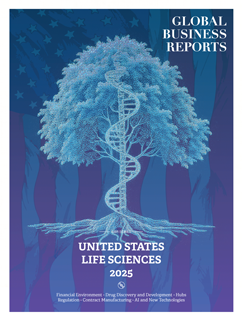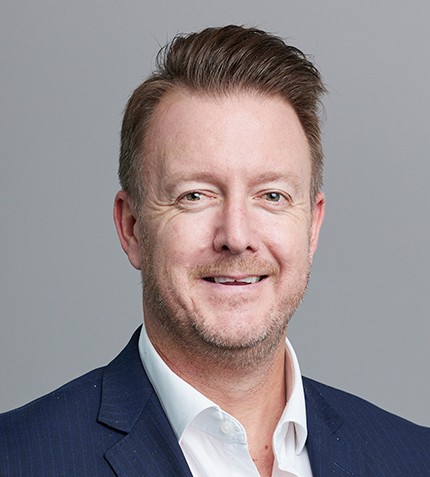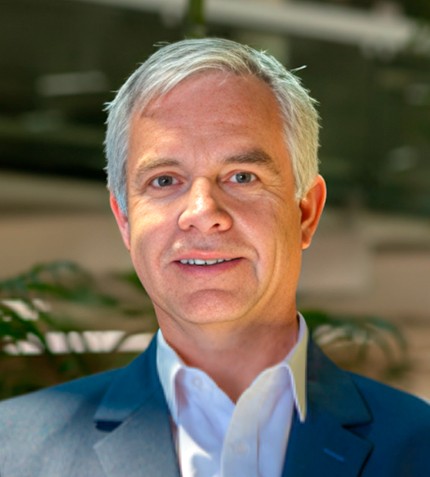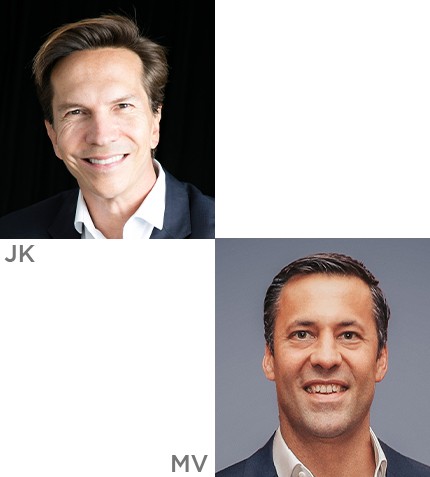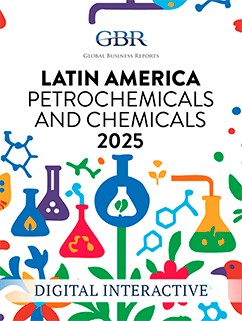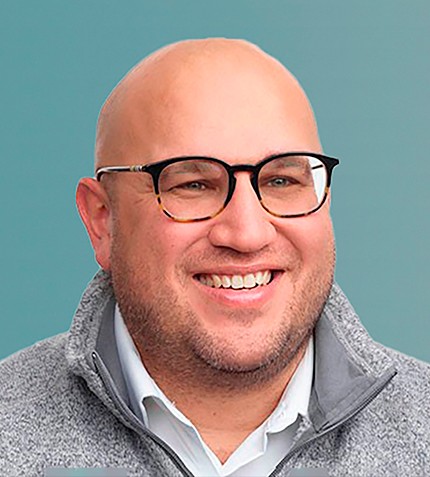
"Investors are finding it difficult to balance early-phase success with the commercialization hurdles ahead."
RELATED PUBLICATION
ARTICLES FROM THIS PUBLICATION
Steve Favaloro
CHAIRMAN AND CEO, GENEZEN
How has Genezen’s acquisition of uniQure’s manufacturing operation helped the business evolve?
Genezen needed commercial capability in order to compete in the market and deliver a high level of service to our customers. While we could have chosen to build a new plant and attempt to fill it with customers, market conditions made that approach nearly impossible.
Acquiring uniQure’s manufacturing operation and hiring its staff transformed us into an end-to-end gene therapy CDMO. We now offer commercial products, including our role as the supplier of Hemgenix, as well as commercial-scale adeno-associated virus (AAV), lentivirus, and retrovirus vectors. This enables phase-appropriate manufacturing and differentiates us from the market.
How does Genezen connect with patients?
As the contract manufacturer and one step away from patient advocacy, CDMOs can often feel removed from the patient, so we make an effort to stay connected. We bring in parents from foundations we support, and our customers share stories about our impact.
Our culture balances keeping employees motivated and ensuring that this is a great place to work. In what ways has cell and gene therapy developed in recent years?
While there are certainly headwinds in the financing/capital markets, gene therapy as a modality has never been stronger. The progress over the last 15 years has been incredible, and I am excited to take all of our learnings into the next decade of gene therapy drug development – the future is bright. For therapeutic innovators, AAV in rare disease and neural applications remains very attractive as a way to address unmet patient needs. Genezen is here as a development and manufacturing expert to support them.
What challenges do companies face in this space?
The cell and gene market has evolved significantly over the past decade. Today, it presents more challenges. Although there are some green shoots, capital markets are struggling to determine how to reward biotech companies for early-phase clinical data. Investors are finding it difficult to balance early-phase success with the commercialization hurdles ahead.
When it comes to partnering with our customers, we are learning more about where we need to “skill-up” versus “skill-out” to work most effectively with them. We have found that helping customers identify the right fit for the capacity they need is critical. It requires a lot of planning during the early years post-launch to fully understand the true demand for a product.
One challenge on the technology side is that cell therapies are typically tailored one-to-one for each patient. There are companies working to address this through automation, aiming to treat tens or even hundreds of patients at a time. Solutions like synthetic plasmids or other alternative raw materials could also play a role in scaling up production.
Could you tell us about Genezen’s partnership with CSL?
Genezen has partnered with CSL to use the CytegrityTM cell producer line for lentivirus production. This is a great example of us leveraging a partnership to pass benefits on to customers. It is a win-win for us and CSL. We get to use this technology without having to develop it ourselves, and CSL gets a partner producing clinical material with their product. We also manufacture Hemgenix, an AAV gene therapy for Hemophilia B, globally for CSL.
How do you see the future for cell and gene therapy, and Genezen?
I am an optimist in this space, bullish on the modality and potential patient impact, and fascinated by the science. Just 10+ years ago, there were no commercial products in this field at all – imagine what it will look like after another 10 years. It is crucial to choose the right partners, with the right expertise and best practices, as we continue to grow.
For Genezen, we aim to bring more commercial products to market in the coming years alongside our partners. We are working on getting our Indianapolis site approved for commercial operations, to align with our Lexington site, and we will expand further when the opportunity arises.
At the same time, we want to maintain our flexibility across different development scales. The small, parent-founded foundations raising funds to try to cure their child’s rare disease are just as important to us as the multinational companies. We show up every day to produce medicine, impact healthcare, and provide excellent service.




